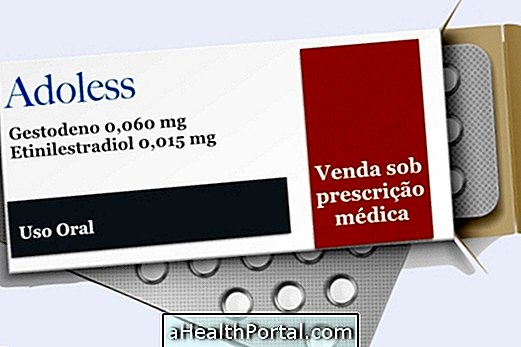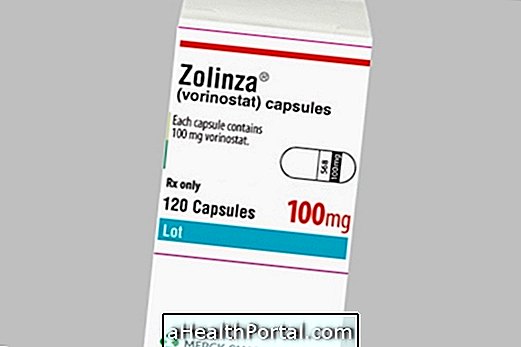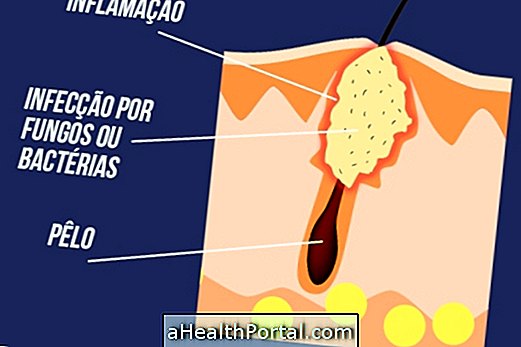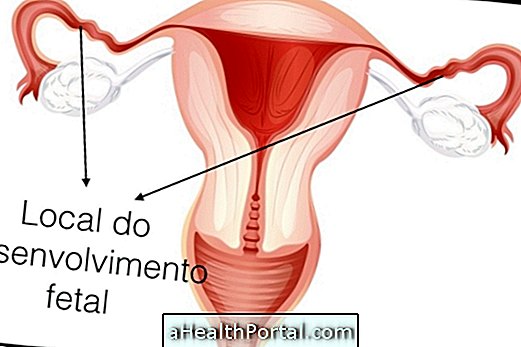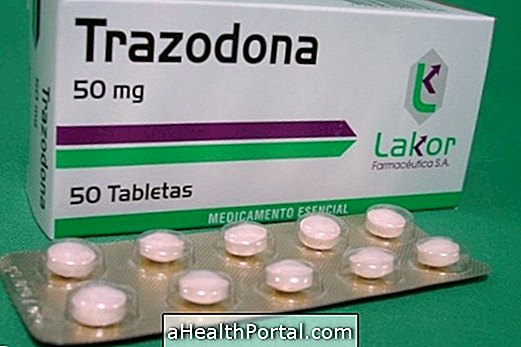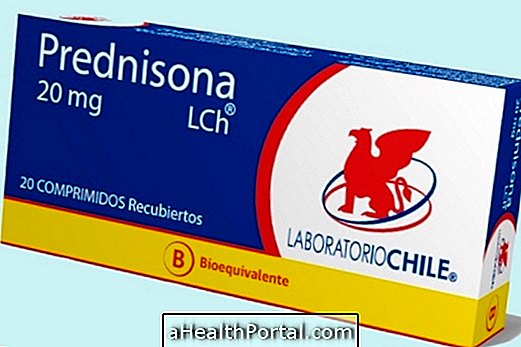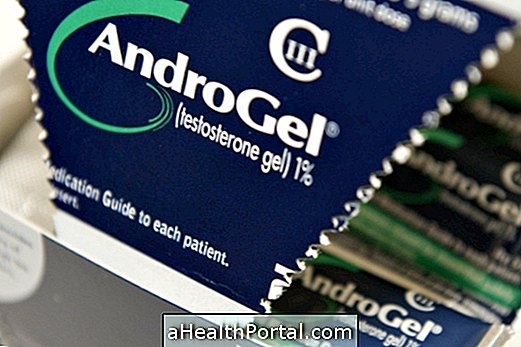The Rubella vaccine, which is produced from the live attenuated virus, is part of the national vaccination plan, and has many conditions to be applied. This vaccine, known as the Viral Triple Vaccine, can be dangerous in the following situations:
- Hypersensitivity to vaccine components;
- Immunodeficient individuals, such as symptomatic HIV infection or cancer, for example;
- Pregnant women or women who intend to become pregnant
- Family history of allergic diseases and / or seizures;
- Severe acute febrile illness;
- If given to the vein;
- Problems of hereditary fructose intolerance.
See also the symptoms that rubella can cause.

How does this vaccine work?
The Triple Viral Vaccine is used in the prevention of rubella, but in addition, it also prevents measles and mumps, ie the vaccine stimulates the body to produce defenses against these types of virus and prevent these diseases in the future. The vaccine is intended for prevention and not for treatment.
Because pregnant women can not take the vaccine
The rubella vaccine should not be given to women who are pregnant or are trying to get pregnant because the vaccine can lead to malformations in the baby. So all women of childbearing age should only take this vaccine after making sure they are not pregnant by performing a pregnancy test.
If the woman takes the rubella vaccine during pregnancy or becomes pregnant in less than 1 month, the baby can be born with birth defects such as blindness, deafness and mental retardation, which characterize congenital rubella. Learn all about this disease.
The best way to know if your baby has any changes is to do the prenatal and all tests, including ultrasound to evaluate their development in each trimester of gestation. There are also reports of women taking this vaccine during pregnancy, unaware that they were pregnant, and the baby was born healthy without any changes.
Vaccine side effects
The most common side effects that can be caused by the Viral Triple Vaccine are injection site redness, fever, upper respiratory tract infection, skin rash, pain, and edema at the site of injection.
Learn more about this vaccine and possible side effects.
Can rubella vaccine cause microcephaly?
The rubella vaccine is not directly related to microcephaly, however, this cerebral alteration is related to the presence of infectious diseases during pregnancy and therefore, although it is unlikely, there is this possibility, since the vaccine has the virus, which although it is attenuated, is still alive.



